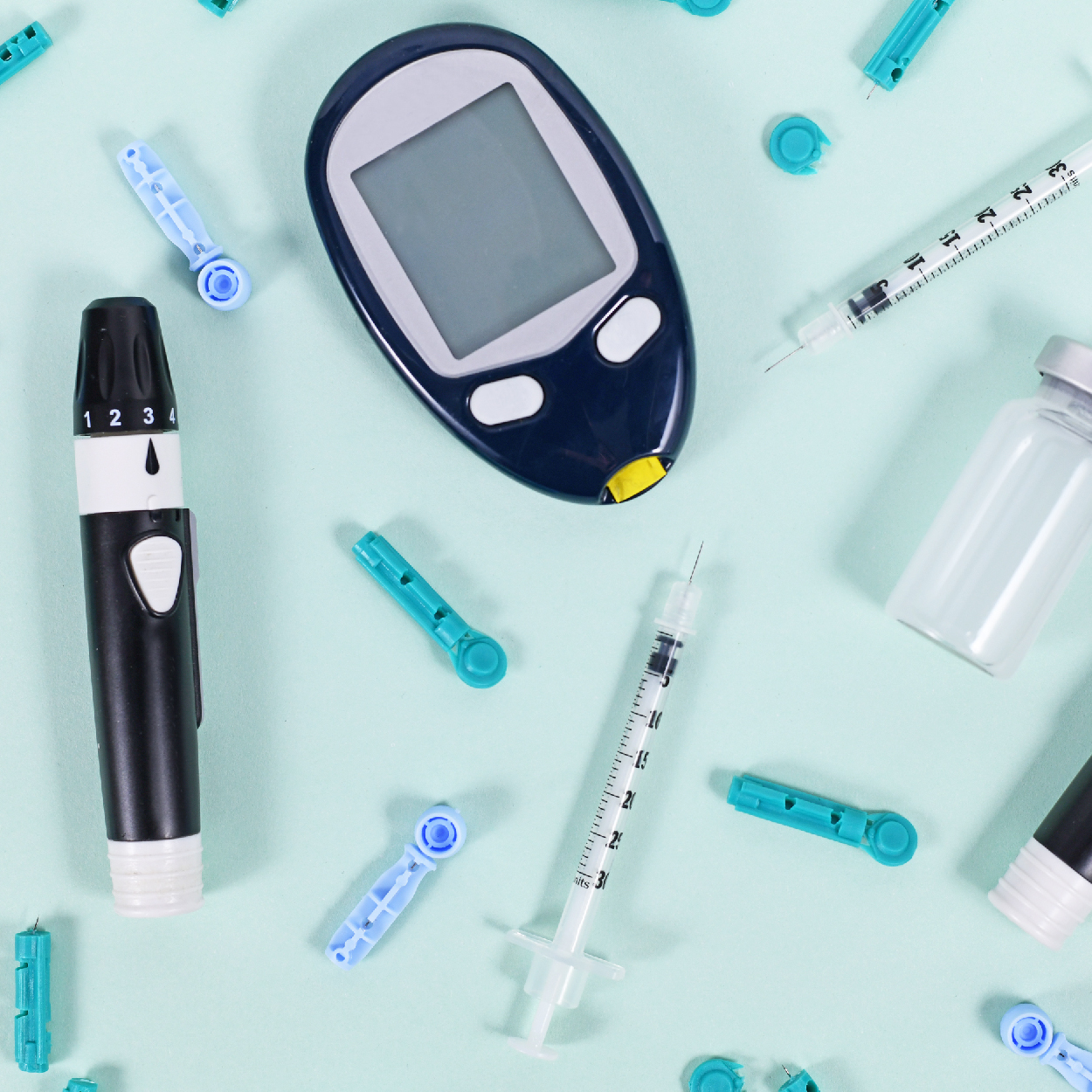While stress is a normal part of life, experiencing prolonged periods of stress is not healthy.
It’s likely you don’t get through a single day without experiencing stress or talking to a friend, family member, or co-worker who is telling you how stressed out they are feeling. Stress is a not abnormal; it is a natural reaction to change or stressors, e.g., starting a new job, increased responsibility at work, moving, or getting married. However, long-term chronic stress is not healthy. Experience prolonged stress can result in several negative health consequences, one of which is unwanted weight gain. In the American Psychological Association’s most recent Stress in America Survey (2022), 58 percent of adults reported undesired weight changes as a result of stress, with the average weight gain of 26 pounds.
When we think about causes of weight gain, we tend to conjure up reasons related to not being active, eating a poor diet, or maybe genetics. While each of these certainly can lead to unwanted weight gain, we don’t tend to think about psychological factors, like stress, as a cause of weight gain. Or if we do, we may not give it the consideration it deserves. After all, isn’t everybody stressed? And isn’t our fate, in some way, just to go through life being stressed?
Stress and Unwanted Weight Gain
While there are many external factors that may elicit feelings of stress (e.g., personal finances, inflation, or work), the common denominator is that each external stressor creates the same physiological response: glucose (sugar) is released into our bloodstreams, thus providing the necessary fuel for the fight or flight response. This excess sugar eventually turns into body fat. In addition to glucose being released into our bloodstream, cortisol levels increase. Cortisol is as hormone that helps regulates your body’s stress response. When cortisol levels are elevated, the production of abdominal fat is increased.
Another physiological reaction to stress is a dopamine release. Dopamine is a neurotransmitter, and it is implicated in pleasure. It is also implicated in our ability to think and plan. In the context of stress and eating, dopamine boosts our desire for food, particularly foods that are high in saturated fat and sugars (e.g., French fries and ice cream). Because French fries and ice cream taste so good, they give us pleasure, so that dopamine circuit runs, leading us to make suboptimal food choices.
Types of Stress
There are four different types of stress: distress, hyperstress, and hypostress, and eustress:
- Distress: We experience distress when we feel as though we’ve lost control or don’t have control over a particular situation. The actual source of stress may even be unclear.
- Hyperstress: We experience hyperstress when we perhaps take on too many responsibilities and say yes to too many things (remember, “no” is a complete sentence). When we experience hyperstress, we may feel unable to cope with all the demands placed on us.
- Hypostress: We experience hypostress when we feel bored or unchallenged by a situation or task. Perhaps you’ve been in your position at work for several years and the day-to-day tasks are no longer challenging or cognitively engaging — you may be experiencing hypostress.
- Eustress: We experience eustress, sometimes called “good stress,” when situations motivate us or focuses our energy on an exciting challenge, such as starting a new job or moving across country to for a new opportunity. Even though eustress is considered “good” stress, it is still stress so be aware of how your body is reacting.
Adaptive Stress Management Strategies
When we realize we are experiencing chronic stress, it is important to be aware of maladaptive coping behaviors, e.g., overeating, eating too many unhealthy foods, drinking too much alcohol, or lying around and binge-watching TV for hours on end. When we recognize we are experiencing high levels of stress, we should consider more adaptive stress management strategies such as:
- Exercise/Physical Activity: Go for a walk, hit the gym, or go for a bike ride. Get up and get moving. Physical activity can help counteract cortisol and physical activity will make you feel better.
- Mindful eating: When feeling stressed, practice mindful eating. Pay attention to the taste and texture of your food and the sensation of eating. Mindful eating helps cultivate awareness for the present moment and is a useful strategy when trying to mitigate emotional eating or overeating.
- Sleep: When we are feeling stressed, it is important to pay attention to our sleep patterns. Starting a sleep hygiene routine — going to bed at the same time each night, getting up the same time each day, ensuring your bedroom is dark, quiet, and relaxing — can help you get better sleep. Restful sleep can help us build the cognitive reserves needed to manage stress.
- Social support: Be sure to reach out to family, friends, or a therapist when you are feeling stressed. Often just talking about how we are feeling and reaching out to our support network can help us through time times.
Remember, while stress is a normal part of life, experiencing prolonged periods of stress is not healthy. Stress can lead to unwanted weight gain, which can lead to other negative health outcomes. It is important to pay attention to your body and how it is feeling; it is also important to pay attention to coping behaviors — maladaptive coping behaviors may have inadvertently been borne out of stress.
When feeling stressed, get moving, pay attention to what you are eating, get enough sleep, and reach out to your social network. You do not have to manage your stress alone. Be sure to work with your health care provider at the first sign that the stress you are experiencing may be too much. Talk with your health care provider about developing a stress management program that will work within the context of your life.
About the Author: Dr. Dawn M. Sweet has over 20 years of experience in the field of communication. Sweet has given several invited talks to and workshops for academic and private sector audiences on the role of nonverbal and verbal communication in achieving positive outcomes and mitigating bias. Her research has been published in several top ranked peer-review journals, and it has been featured on NPR’s River to River / All Things Considered, Buzzfeed, and Science Daily. Her research has also been used to inform expert testimony.





